This section is for paid subscribers only. Our subscription is only $3700/- for one full year.
You get unlimited access to all paid section and features on the website with this subscription.
Subscribe to read full article
This section is for paid subscribers only. Our subscription is only $37/- for one full year.
You get unlimited access to all paid section and features on the website with this subscription.
Not ready for a full subscription?
You can access this article for $2, and have it saved to your account for one year.
- Release Date26/09/1947
- FormatB-W
- LanguageTamil
- Run Time142 min
- Length4244.03 meters
- Censor RatingU
Miss Malini was one of the finest social satires to have been made in South Indian cinema but did not receive the appreciation it deserved as the film was ahead of its time in its theme and presentation.
The film included aspects of life in Chennai during the World War II period (1939-1945) when there was a shortage of commodities and high prices were charged for them. It also includes depictions of social mores, a love story, and the moral dilemmas the characters face pursuing business and personal interests. Life is a constant struggle for Malini (Pushpavalli), a poor young woman with an ailing father. She reluctantly accepts stage actor-friend Sundari’s (Sundari Bai) suggestion to go on stage and joins her theatre group, Kala Mandhiram. Success smiles on her and she soon becomes an idol of the masses. Sampath (Kothamangalam Subbu), a suave swindler, befriends Malini and takes control of her life. He persuades her to start her own theatre company. A puppet in his hands, Malini severs ties with those who helped her in the past such as Sundari.
Soon she is in debt and back at the bottom of the ladder. Sampath abandons her. Sundari and others come to her rescue and Malini goes back to Kala Mandhiram and begins her life anew, sadder but certainly wiser.
The film was the first to feature a cartoon film in South India and became a landmark for introducing Gemini Ganesan into films. Though the film did not do well at the box office, it ran for 100 days at that time and appealed to the discerning audience of South India.
Music was a plus-point for this film and many songs became popular such as “Kaalaiyiley ezhunthiruntha kattayodey azhuganam...” (sung by Sundari Bai and penned by ‘Surabhi’). The film had six songs, ‘Jegame oru chiththira salai …’, ‘Kaalaiyiley ezhunthiruntha kattayodey azhuganam …’, ‘Mylapore vakkelathu …’, ‘Paadum radio …’, ‘Senthamizh nadu sezhiththidave…’ and ‘Sree saraswadhae …’ and they were popular during that time.
. [from the book Pride of Tamil Cinema: 1931 to 2013 by G Dhananjayan, Blue Ocean Publishers, 2014]
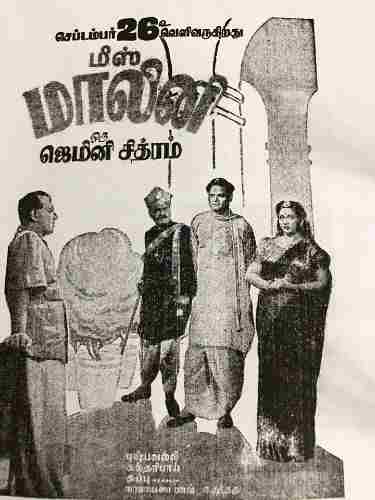
Cast
Crew
-
Director
-
Producer
-
Music Director
-
Lyricist
-
Screenplay
-
Dialogues
-
Cinematography
-
Editing
-
Art Director/Production Design



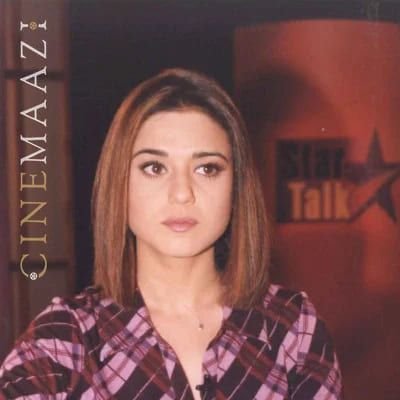
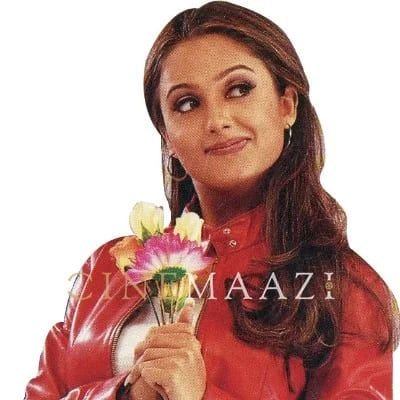
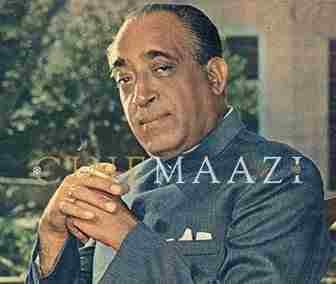
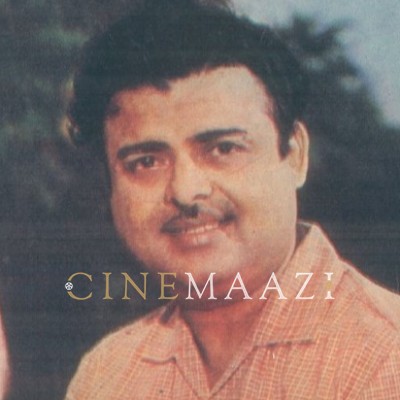

.jpg)



